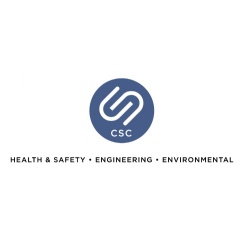Clark Seif Clark provides testing, monitoring and consulting services to identify and mitigate drinking-water contaminants in all types of properties.
Since there are no specific testing requirements for private wells, the environmental professionals at CSC help clients refine the list of analytes to meet each clients specific needs and concerns.
The U.S. Environmental Protection Agency (EPA) reports that more than 13 million households in the United States rely on private wells for drinking water. EPA does not regulate these private wells, nor does it provide recommended criteria or standards for individual wells. In fact, private well owners are responsible for the safety of their water.
The agency does offer information regarding the importance of testing private wells and guidance on technologies that may be used to treat or remove contaminants. For example, EPA recommends that the water in private wells be tested annually for total coliform bacteria, nitrates, total dissolved solids and pH levels. This testing should perhaps take place more frequently if small children or elderly adults live in the household, or if someone in the house is pregnant or nursing.
Private well owners are also encouraged to test the water if:
- There are known problems with groundwater or drinking water in the area,
- Conditions near a well have changed significantly (i.e. flooding, land disturbances, and new construction or industrial activity),
- Replacing or repairing any part of the well system has taken place, or
- A change in the water quality is noticed (i.e. odor, color, taste).
It is important for people in households supplied by private water wells to have their water tested regularly. We often receive calls from owners or buyers regarding the testing of well water, but these folks are commonly uncertain which tests to request, said Derrick A. Denis, Vice President of Indoor Environmental Quality for Clark Seif Clark (CSC). Water quality parameters and potential well contaminants are numerous and diverse (e.g. E. coli, Legionella, arsenic, lead, copper, uranium, nitrates and nitrites, etc.). Therefore, the commonly request to test for everything is neither practical nor cost effective. Since there are no specific testing requirements for private wells, the environmental professionals at CSC help clients refine the list of analytes to meet each clients specific needs and concerns. CSC offers consulting, testing and monitoring services for biological, chemical, radiological and physical contaminants from private wells and other water sources.
CSC also recently sponsored an educational video about private wells and testing drinking water quality that can be seen at: https://youtu.be/9mtMqsTiNa
To learn more about this or other building science, indoor air quality, occupational, environmental, health and safety services, please visit www.csceng.com, email csc@csceng.com or call (800) 807-1118.
News Release Distribution and Press Release Distribution Services
